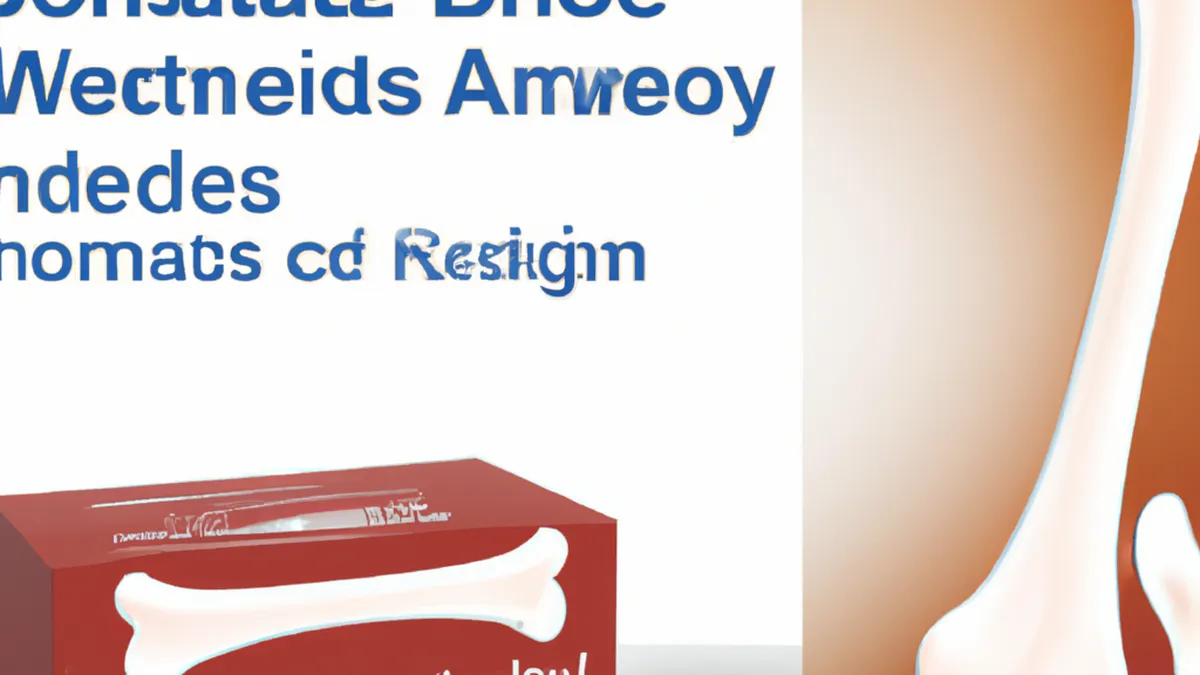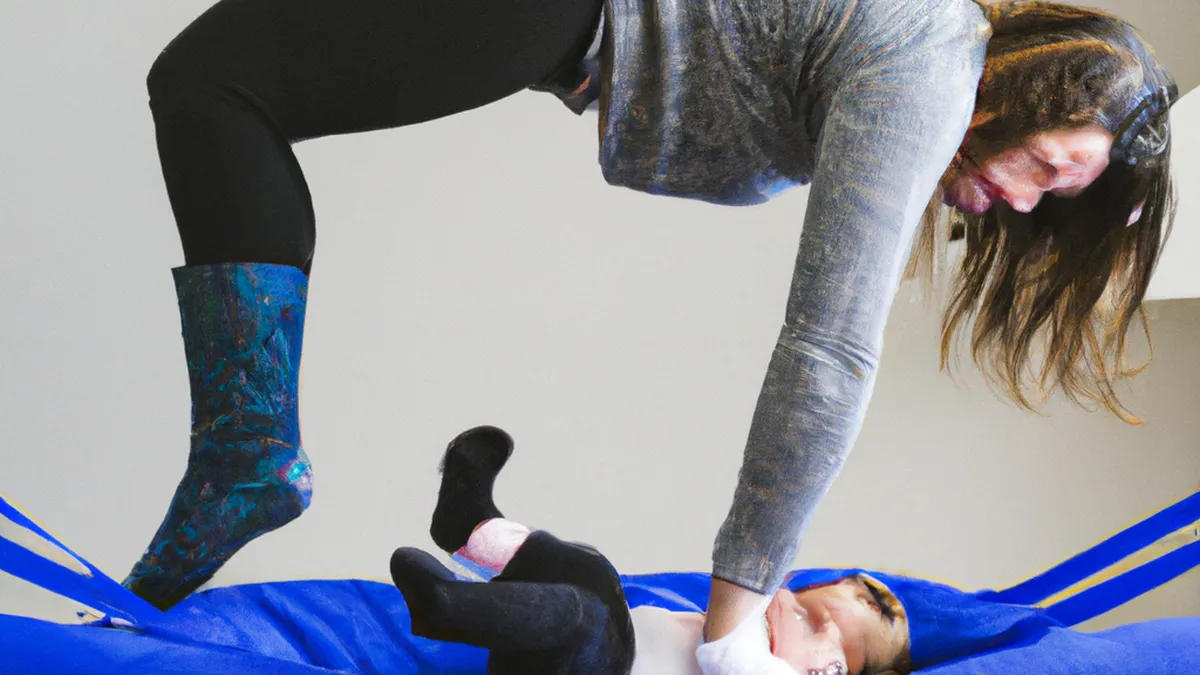Integrate Bone Care into Women’s Health Strategies
How to Incorporate Bone Health Awareness into Women’s Health Programs
Women’s health programs promote well-being by addressing reproductive health and mental wellness. However, they often overlook bone health. Osteoporosis and other bone issues primarily affect women, especially as they age. Therefore, integrating bone health awareness into health initiatives empowers women to prioritize their skeletal health. This blog post explores effective strategies for incorporating bone health awareness into women’s health programs.
Understanding Bone Health
Bone health is crucial for women, particularly during different life stages. Women experience significant bone density loss after menopause due to hormonal changes, increasing their osteoporosis risk. The National Osteoporosis Foundation states women face a higher risk than men, with one in two women over 50 likely to suffer an osteoporosis-related fracture. Recognizing this risk is vital for effective prevention.
Key Factors Affecting Bone Health
Many factors influence women’s bone health, including genetics, lifestyle choices, and hormonal changes. Genetics significantly impacts risk; women with a family history of osteoporosis face higher chances. Lifestyle choices, such as physical activity, diet, and smoking, also significantly affect bone density. A sedentary lifestyle and poor nutrition weaken bones, making it essential to address these factors in women’s health programs.
The Role of Nutrition
Nutrition serves as a cornerstone of bone health. Calcium and vitamin D are essential for strong bones. Women should aim for a balanced diet rich in these nutrients. Foods high in calcium include dairy products, leafy greens, almonds, and fortified cereals. Women can obtain vitamin D from fatty fish, egg yolks, and sunlight exposure. For those struggling to meet nutritional needs through diet alone, supplementation may be necessary.
Tips for Integrating Bone Health Awareness
Incorporating bone health awareness into women’s health programs requires strategic planning and collaboration. Here are practical tips to achieve this goal.
1. Educational Workshops
Organizing educational workshops focused on bone health effectively raises awareness. Invite healthcare professionals, such as dietitians, endocrinologists, and physical therapists, to discuss the importance of bone density. These workshops can cover risk factors, nutritional guidelines, and preventive measures. Attendees benefit from interactive sessions that promote discussion, questions, and personal stories about their health journeys.
2. Regular Screenings
Offering bone density screenings at women’s health clinics can lead to significant improvements. Screenings help identify women at risk for osteoporosis, allowing timely interventions. Promote these screenings through newsletters, social media, and community events to enhance awareness. Implement a referral system encouraging women to invite friends and family, creating a ripple effect.
Conclusion
Incorporating bone health awareness into women’s health programs improves women’s overall health and empowerment.
Below are related products based on this post:
FAQ
Why is bone health particularly important for women?
Bone health is crucial for women due to the significant bone density loss that occurs after menopause, which is driven by hormonal changes. Women face a higher risk of osteoporosis compared to men, with one in two women over 50 likely to experience an osteoporosis-related fracture. Recognizing this risk is vital for effective prevention and overall health management.
What role does nutrition play in maintaining bone health?
Nutrition is essential for strong bones, particularly calcium and vitamin D. A balanced diet rich in these nutrients is vital for women. Foods high in calcium include dairy products, leafy greens, and fortified cereals, while vitamin D can be obtained from fatty fish, egg yolks, and sunlight exposure. For those who struggle to meet their nutritional needs through diet alone, supplementation may be necessary.
How can women’s health programs effectively raise awareness about bone health?
Women’s health programs can raise awareness about bone health by organizing educational workshops featuring healthcare professionals who discuss risk factors, nutritional guidelines, and preventive measures. Additionally, offering regular bone density screenings at clinics can help identify women at risk for osteoporosis, facilitating timely interventions and encouraging community engagement.















Post Comment